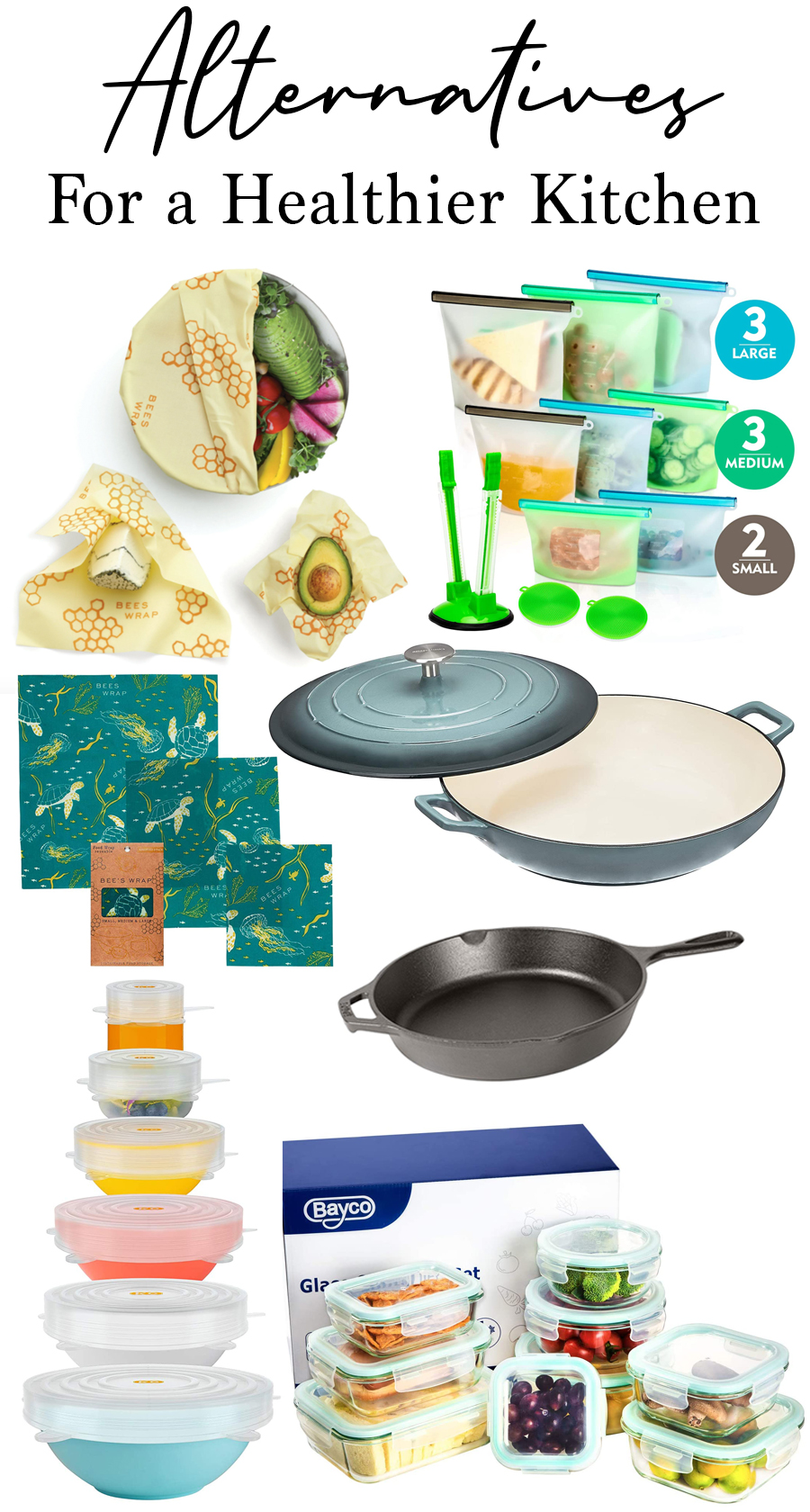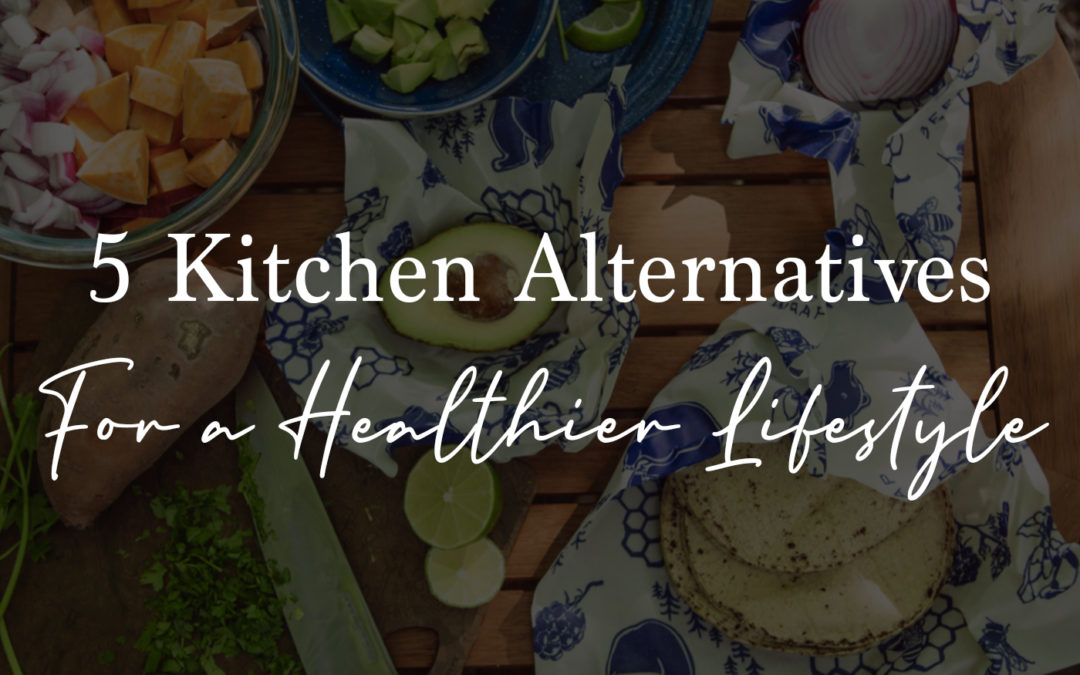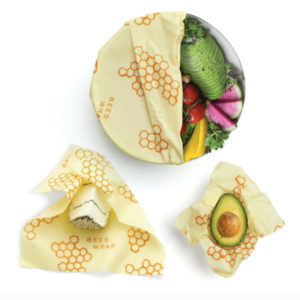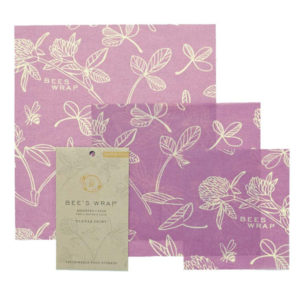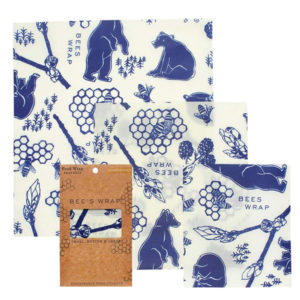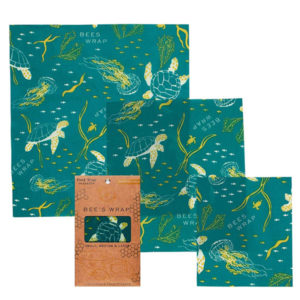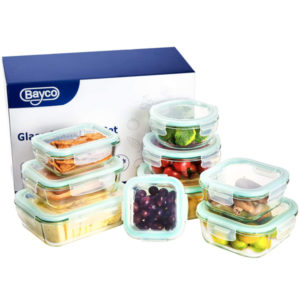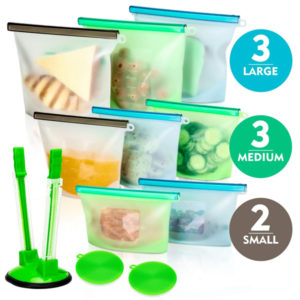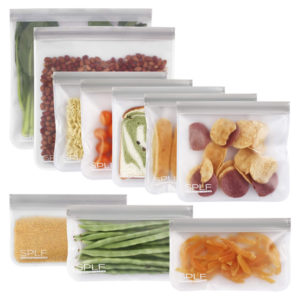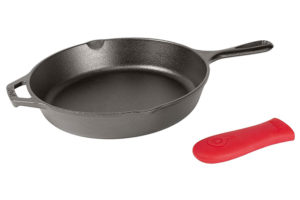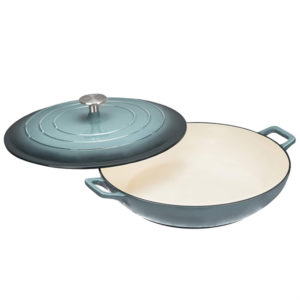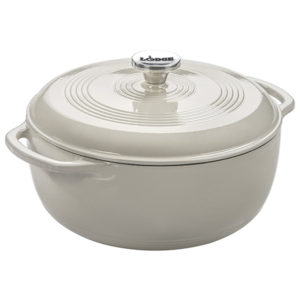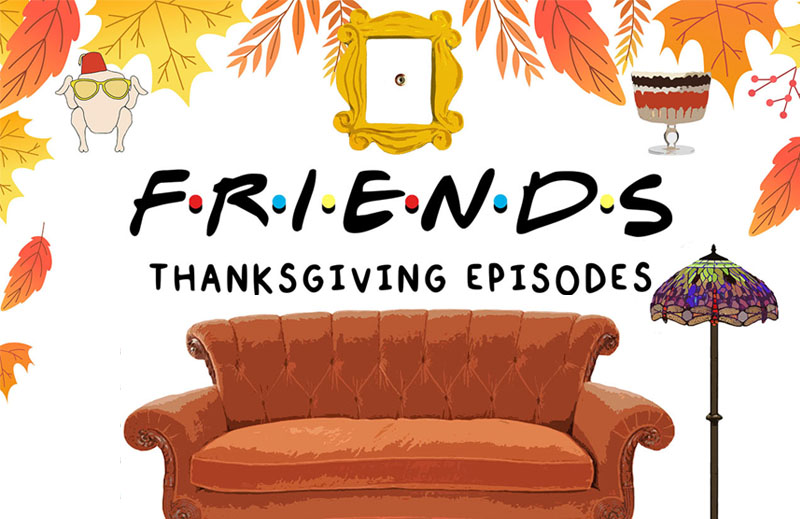How to reduce harmful plastics and chemicals in the kitchen
These are some simple swaps and replacements I have made in my kitchen to lessen my contact with plastics and chemicals.
We are surrounded by man-made synthetics. From the moment we wake up, we put on a polyester sweater, pour coffee creamer from a plastic container into our coffee, open up the foil seal of our plastic yogurt container, and pack our lunch into a plastic tupperware.
We will never be able to fully escape the chemicals, but we can take steps towards a cleaner and healthier lifestyle.
Here are my recommendations based on my research, but please do your own research to decide what is best for you and your family!
Why is plastic bad?
Research has shown that chemicals leach out of plastic and into the food we eat and can mess with our hormones and our health. The chemicals in plastic are known to be endocrine disruptors, they become imposters and mimic the hormones in our body and affect our natural hormone production, causing issues with fertility and sperm quality, immune function, respiratory problems, obesity, and much more.
One of the biggest chemical culprits is bisphenol A, known as BPA. It’s a chemical found in polycarbonate plastics, like water bottles, and epoxy resins, like the lining inside of cans.
Also look out for Phthalates, a group of chemicals used to soften plastic and make it more flexible. They’re found cosmetics, shampoos, toys, detergent, and anything fragranced.
We are surrounded by plastic and these chemicals. We can’t completely eliminate them, so the hope is to reduce our use of plastic. Use silicone covers or beeswax wraps instead of plastic wrap, glass tupperware instead of plastic, and use a stainless steel water bottle instead of single use plastic bottles.
Here are some helpful articles about plastic and endocrine disrupting chemicals:
https://www.hormone.org/your-health-and-hormones/endocrine-disrupting-chemicals-edcs
https://www.epa.gov/endocrine-disruption/what-endocrine-disruption
Why is aluminum bad?
It’s a controversial topic and there’s not enough research to confirm that aluminum foil will pose immediate harm. There have been some studies linking human exposure to aluminum with Alzheimer’s disease. Other concerns and theories are that aluminum in deodorant can cause breast cancer.
Researchers have found that cooking with aluminum at high temps and the use of acidic foods, salt, and spices did perpetuate a greater amount of leeching.
My thought is, we don’t know what we don’t know. I personally try to reduce the amount of aluminum in my life. Instead of wrapping my leftovers in foil, I use glass containers or beeswax wrap. I use aluminum free deodorant, stoneware, stainless steel, and cast iron.
Why is teflon bad?
Teflon and non-stick pans are typically aluminum pans coated with a synthetic polymer called polytetrafluoroethylene (PTFE). If overheated, the chemical can leach hormone-disrupting chemicals and heavy metals into food. They also produce fumes when overheated that have been known to cause flu-like symptoms such as headaches, sore throats, muscle aches, and fevers. The best way to avoid the chemical fumes in the kitchen is to use alternative cookware when you can, like stainless steel, cast iron, and ceramic.
Wellness Mama has some great articles about Teflon! https://wellnessmama.com/77396/ditch-the-teflon/
Is silicone safe?
Silicone is a rubber-like material that is said to be food safe, non-toxic, and doesn’t contain BPA, phthalates, or latex. But, some studies have shown that silicone products can contain synthetic and chemical additives that can leach into food, especially if used at high temperatures. Manufacturer recommendations for maximum heat exposure vary from 428 to 500 F, so check your particular product for instructions. The silicone bags and lids listed below are reusable, cutting down the need for single use ziplock bags, plastic wrap, and aluminum foil. I personally would not put them in the microwave or dishwasher, but I prefer to use silicone over plastic or aluminum because it appears to be the lesser of evils!
